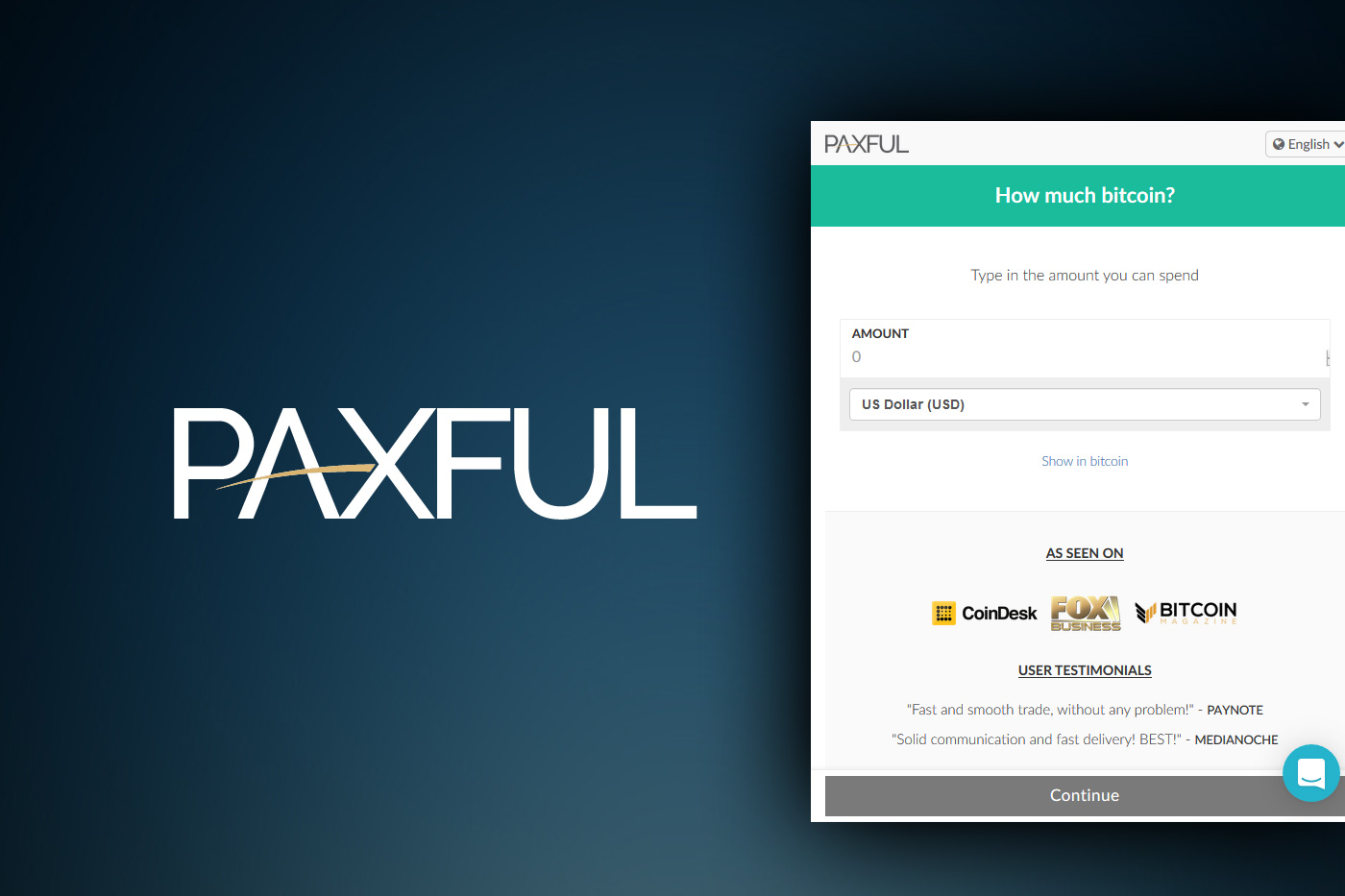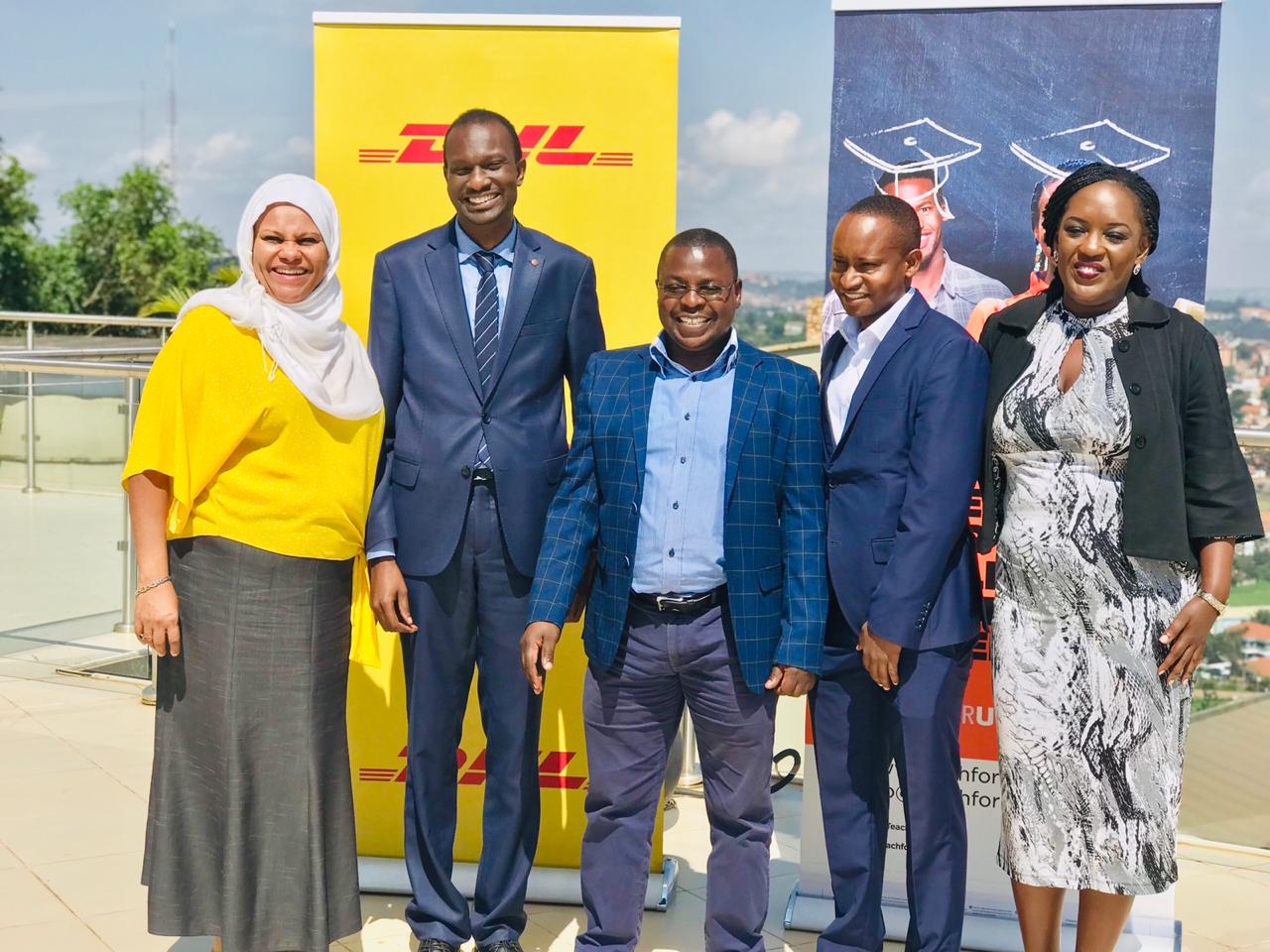Morocco Launches Exceptional Support Program for Artists, Authors
The Kingdom of Morocco has highlighted the importance of arts and culture as a vehicle not only for national reorientation and foreign policy projection but also to encourage young talents. This was made known by the Moroccoan Minister of Culture, Youth, and Sports, Othman El Ferdaous, who announced the launch of an exceptional program to support cultural actors from the worlds of art and books amid the socio-economic crisis due to COVID-19. El Ferdaous detailed the ministry’s decision on his social networks, including Facebook and LinkedIn.The minister said his department is aware of the national contributions of creators such as artists and writers and their efforts to promote social cohesion and unity.

To support the sector during the coronavirus-induced economic crisis, the Ministry of Culture launched the “exceptional program to support cultural actors from the worlds of arts and books, individuals, associations, and businesses, to mitigate the socio-economic impact of the state of emergency,” El Ferdaous announced. The exceptional program includes the pre-distribution by the Moroccan Copyright Office (BMDA) of all the remaining distributions scheduled for the 2020 fiscal year, starting June 15.
The BMDA will distribute MAD 35.4 million ($3.65 million) in favor of “adhering authors and creators in particular, the 2019 collections of copyright and remuneration for private copying for the three categories: Lyric, dramatic, and literary in accordance with the recommendations of Authors and Composers (CISAC) and UNESCO ResiliArt P program.” The program also includes the launch of a call for artistic projects for MAD 39 million ($4.02 million) in five main areas including theater and national tours (MAD 20 million or $2.06 million); music, song, performing arts, and choreographic arts (MAD 12 million or $1.24 million); and plastic arts exhibitions or visuals carried by galleries (MAD 2 million or $206,323).
The fourth area concerns the acquisition of works of plastic or visual art from artists for a budget of MAD 3 million ($309,485), at MAD 5,000 to MAD 30,000 per work ($516 to $3,095), to “enrich the collection of the ministry and encourage young talents.”
The fifth area concerns the participation of the National Museums Foundation, which is set to launch an initiative to acquire artwork from Moroccan creators. El Ferdaous also outlined an “in-depth partnership with the National Museums Foundation concerning the loan of works from the unexposed collection of the ministry so that artworks of Moroccan artists could be featured for the public” at national museums and internationally. The ministry said it will work with “high resolution” equipment to digitize the collections.
The minister announced that a call for projects in publishing and books for a budget of MAD 11 million ($1.13 million) to acquire works from bookstores and publishers for their distribution in public libraries will be launched on June 17. The ministry will also publish cultural journals online as part of the initiatives to raise awareness of the importance of reading, as well as the participation of Moroccan authors at international fairs.
Kelechi Deca

Kelechi Deca has over two decades of media experience, he has traveled to over 77 countries reporting on multilateral development institutions, international business, trade, travels, culture, and diplomacy. He is also a petrol head with in-depth knowledge of automobiles and the auto industry








